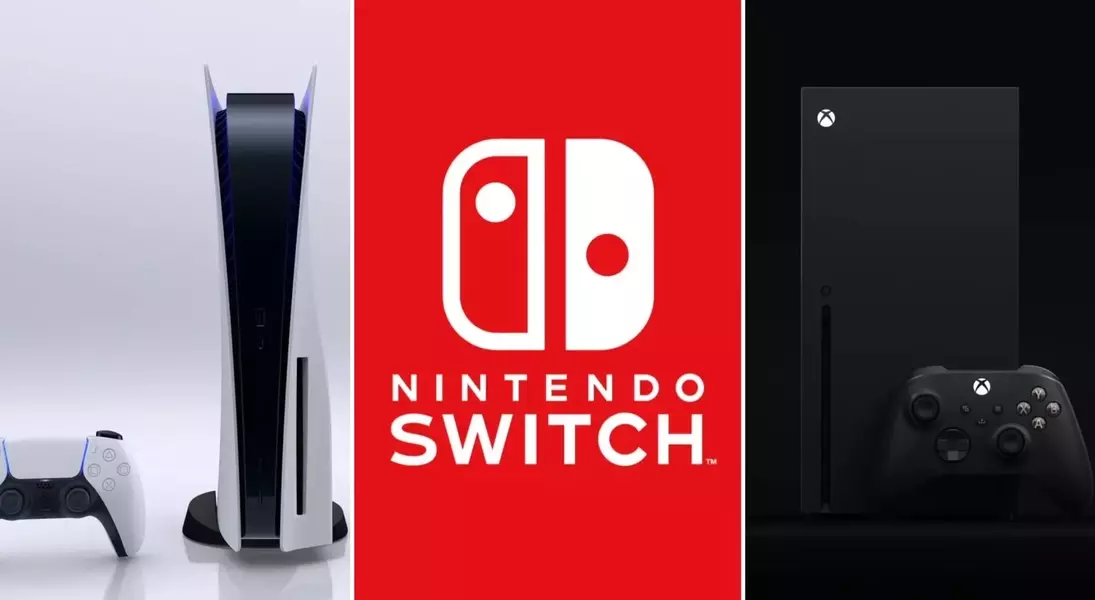The Impending Transformation of Console Gaming: Embracing a Sustainable Future
The gaming industry is at a critical juncture, as the unsustainable costs of AAA game development have reached a tipping point. Shawn Layden, the former CEO and President of Sony Interactive Entertainment America, shared his insights at Gamescom Asia 2024, shedding light on the need for a fundamental shift in the console gaming business model. This article explores the challenges facing the industry and the potential paths forward, offering a glimpse into the future of this dynamic and ever-evolving landscape.Redefining the Console Gaming Experience
The Unsustainable Trajectory of AAA Game Development
Layden's perspective on the current state of console gaming is clear: the industry has reached a precipice where the traditional model is no longer viable. For the past three decades, the costs of game development have steadily increased with each console generation, and the industry has struggled to keep up. The ballooning development budgets, coupled with the need for games to be majorly successful to turn a profit, have created an unsustainable environment.Layden's message is a wake-up call for the industry: "We've reached the precipice now, where the center can't hold, we cannot continue to do things that we have done before." The current approach to console gaming, with its emphasis on lengthy, 80-90 hour experiences, is no longer feasible. The industry must adapt and embrace a new, more sustainable model.Broadening the Console Gaming Consumer Base
Layden's vision for the future of console gaming involves a fundamental shift in the industry's approach. He believes it's time for consoles to broaden their consumer base, moving away from the traditional focus on hardcore gamers and catering to a wider audience.This shift could involve the development of games that are shorter in duration, perhaps in the 30-50 hour range, rather than the epic, time-consuming experiences that have become the norm. By reducing the development time and costs, console game developers can potentially reach a larger segment of the market, appealing to players who may not have the time or inclination to invest hundreds of hours in a single title.Embracing Innovation and Adaptability
Layden's perspective on the future of console gaming is not without its challenges. The industry has long been dominated by the pursuit of ever-more-impressive technical achievements and immersive experiences. Transitioning to a model that prioritizes shorter, more accessible games may be met with resistance from both developers and players who have become accustomed to the grand, cinematic experiences that have defined the console gaming landscape.However, Layden believes that this period of "impossible" change is where innovation and progress can emerge. By embracing adaptability and a willingness to experiment, the console gaming industry can potentially uncover new and exciting avenues for growth and engagement.The Evolving Role of Genres and Game Types
One of the potential consequences of the shift towards a more sustainable console gaming model is the potential impact on certain game genres and types. Layden suggests that the traditional RPG, with its lengthy playtime and deep narrative, may become more "niche" as developers and publishers become increasingly cautious about committing years of development time to a single project.In contrast, genres like first-person shooters (FPS) may become more appealing, as they can be developed in a shorter timeframe and potentially turn a profit more quickly. This shift could lead to a diversification of the console gaming landscape, with a greater emphasis on a wider range of game types and experiences.Adapting to the Changing Landscape
Regardless of the specific changes that unfold, one thing is clear: the console gaming industry must adapt to the evolving landscape. Layden's insights highlight the need for a fundamental rethinking of the business model, one that prioritizes sustainability and a broader consumer base.This transition will not be without its challenges, as the industry grapples with the need to balance innovation, accessibility, and the expectations of both developers and players. However, Layden's optimism about the potential for progress and the emergence of new and exciting gaming experiences offers a glimmer of hope for the future of console gaming.As the industry navigates these uncharted waters, it will be crucial for developers, publishers, and consumers to approach the changes with an open mind and a willingness to embrace the opportunities that arise. Only by working together to redefine the console gaming experience can the industry ensure its long-term viability and continued growth.

